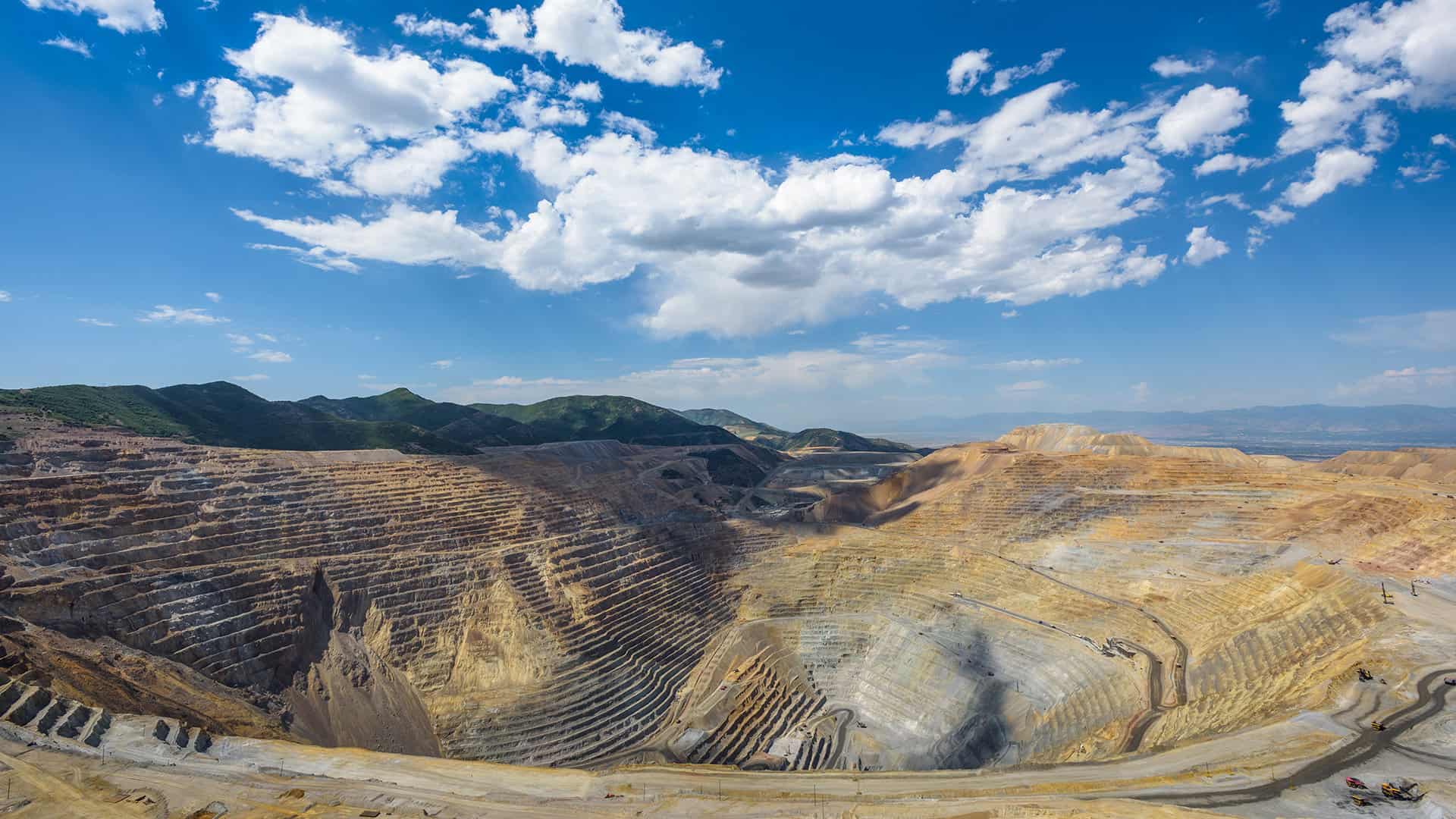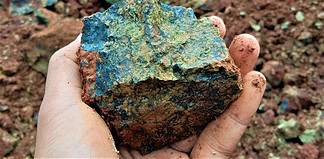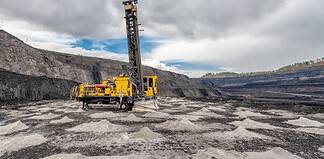Rio Tinto to transition to renewable diesel at Kennecott

Rio Tinto (ASX:RIO) will replace its entire fossil diesel consumption with renewable diesel at its Kennecott copper operation in Utah from 2024.
The fleet of 90 haul trucks and all the heavy machinery will begin the transition to renewable diesel from the first quarter of next year, along with consumption from the concentrator, smelter and refinery.
This transition will reduce Kennecott’s scope one carbon emissions by around 495ktpa of carbon dioxide, comparable to eliminating the annual emissions of more than 107k cars.
Rio is targeting reduction in scope one and two carbon emissions of 50% by 2030 and net zero by 2050.
The renewable diesel is made from renewable biogenic materials sources in the United States. It will be supplied through an existing supply chain as part of a partnership between Kennecott and petroleum refiner HF Sinclair.
Rio Tinto copper chief operating officer Clayton Walker says this is an important step in reducing emissions.
“Transitioning Kennecott completely to renewable diesel builds on a suite of decarbonisation initiatives that have reduced carbon emissions from the operation be 65% since 2019,” he said.
“This is an important next step in our commitment to finding new and better ways to reduce operational emissions, while producing materials essential to the global energy transition.”
The decision to convert to renewable diesel comes after a successful seven-month trial at Kennecott’s Bingham Canyon mine.
The trial was undertaken to test renewable diesel in different operational environments and on different equipment which supported the decision of original equipment manufacturers to approve the use of renewable diesel in the equipment.
Rio Tinto chief decarbonisation officer Jonathon McCarthy commented on the use of renewable energy.
“Combined with Rio Tinto’s US Borax operation — which completed the full transition of its heavy machinery from fossil diesel to renewable diesel in May 2023 — this initiative would replace 11% of Rio Tinto’s global fossil diesel consumption with renewable diesel,” he said.
“The use of drop-in fuel such as renewable diesel will allow Rio Tinto to reduce emissions in the short term, complementing ongoing work towards the commercial readiness of longer-term technical solutions such as battery electric haul trucks.”








































